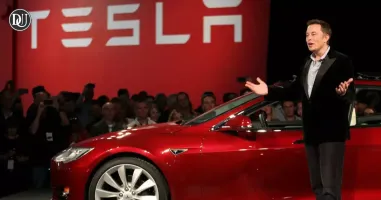Vice President Jagdeep Dhankhar has raised serious concerns over a recent Supreme Court decision, saying it crosses a line by directing the President of India to act within a specific time on bills sent by states. He warned that the judiciary seems to be acting like a “super Parliament” and doing the job of the executive.
Speaking to Rajya Sabha interns, Dhankhar said, “We never imagined a democracy where judges would take on the roles of lawmakers and the executive.” He was referring to the Supreme Court's April 8 verdict in the Tamil Nadu vs. Governor case.
The Vice President criticized the use of Article 142, which allows the Supreme Court to pass any order needed for justice. He said, “Article 142 has now become a nuclear missile that the judiciary can use any time, and this is dangerous for democracy.”
He also questioned the court's decision to virtually issue a directive to the President, asking on what constitutional basis that power was used. “Judges are only supposed to interpret the Constitution, not issue orders like this,” he added.
Dhankhar also brought up a serious incident where cash was allegedly found at the home of a sitting Delhi High Court judge, Justice Yashwant Varma. He pointed out that the matter was hidden from the public for days and no FIR (First Information Report) has been filed yet. “Why was there such a delay? The law says judges can't be directly investigated without permission, but that’s not written in the Constitution,” he said.
He emphasized that only the President and Governors have constitutional immunity, not judges. “How can another group get protection from investigation without it being in the Constitution?” he asked.
Referring to a previous decision where a Supreme Court bench stayed a Lokpal probe against some High Court judges, Dhankhar said that the judiciary should not be above scrutiny. “Transparency and investigation make institutions stronger. If there's no probe, it leads to decay,” he said.
Finally, on the issue of judge appointments, he pointed out that the Constitution clearly says appointments must be done through consultation under Article 124, hinting that the process must involve more checks and balances.










